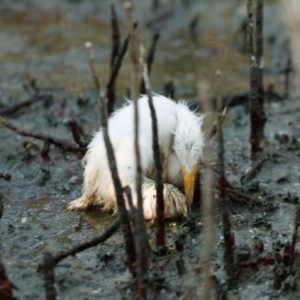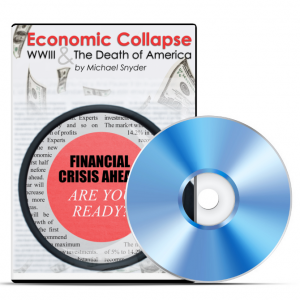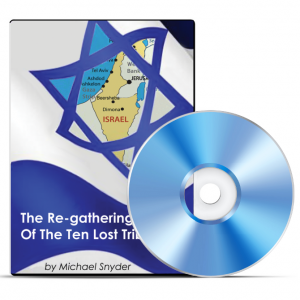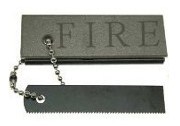 The oil spill in the Gulf of Mexico is the worst environmental disaster in all of U.S. history. It has caused hundreds of millions of dollars in damage (at least) and it has permanently altered the Gulf of Mexico for the remainder of our lifetimes. The loss of wildlife and habitats is incalculable. The survival of hundreds of species is now in question. This is a national nightmare that is going to stay with us for decades. It would be incredibly difficult to understate the scope of this tragedy. Let us hope that authorities can find a way to keep this kind of massive oil spill from ever happening again.
The oil spill in the Gulf of Mexico is the worst environmental disaster in all of U.S. history. It has caused hundreds of millions of dollars in damage (at least) and it has permanently altered the Gulf of Mexico for the remainder of our lifetimes. The loss of wildlife and habitats is incalculable. The survival of hundreds of species is now in question. This is a national nightmare that is going to stay with us for decades. It would be incredibly difficult to understate the scope of this tragedy. Let us hope that authorities can find a way to keep this kind of massive oil spill from ever happening again.
So what can we learn from all of this? In particular, are there emergency preparedness lessons that we can take from this tragedy?
Yes, we believe that there are. The following are 8 emergency survival lessons that we have learned from the Gulf of Mexico oil spill….
#1) Disaster Can Strike Anywhere
Who would have thought that the next great disaster was going to be in the middle of the Gulf of Mexico? The truth is that disaster can strike anywhere. Earthquakes, volcanoes, hurricanes, floods and terrorism are just a few of the things that we all need to be prepared to deal with at any time. None of us knows where or when the next major emergency is going to strike.
#2) Corporations Are Not Going To Be Much Assistance In An Emergency
As the Gulf of Mexico oil spill has clearly demonstrated, corporations are only interested in helping themselves during an emergency. Do not count on them for an ounce of assistance if a disaster happens.
#3) The Government Is Not Going To Be Much Assistance In An Emergency
Just like with Hurricane Katrina, the government has shown how unprepared and inept they really are during this oil spill. During a true disaster, do not count on the government to swoop in and rescue you.
#4) Disasters Are Often Much Worse Than Anticipated
Both the government and BP believed that they were fully prepared for any eventuality in the Gulf of Mexico. But they were not. The lesson here is that disasters are often much worse than we can anticipate. It is important to have a lot of flexibility built in to your emergency preparedness plans.
#5) The Response By Authorities To A Disaster Can Often Make It Even Worse
Even with all of our “advanced” technology, the truth is that we often make disasters even worse when we intervene. Some scientists are now claiming that the primary dispersant that BP has been using, Corexit 9527, ruptures red blood cells and causes fish to bleed. So now BP has made the environmental disaster in the Gulf far worse than it otherwise would have been.
#6) What You Can’t See Can Still Make You Sick Or Even Kill You
There are reports that fishermen all over the Gulf of Mexico are becoming seriously ill from breathing the toxic brew being created by this oil spill and BP’s response to it. The lesson here is that you don’t have to just plan for food, water and shelter during an emergency situation. You may also find yourself in a situation where the air is not fit to breathe.
#7) Include Your Pets In Your Emergency Plans
Professor Prosanta Chakrabarty of Louisiana State University says that she believes that “every fish and invertebrate contacting the oil is probably dying”. The truth is that a major disaster is going to affect your pets. Be mindful of that when drawing up your emergency preparedness plans.
#8) A Disaster Can Change Your Entire Way Of Life Instantly
Local shrimpers in Louisiana are already predicting that it will be seven years before they can set to sea again. The reality is that the Gulf of Mexico oil spill is going to change the lives of millions of people forever. Do you know what you would do if your job or business was destroyed during a major disaster?










Pingback: Tweets that mention 8 Emergency Survival Lessons That We Have Learned From The Gulf Of Mexico Oil Spill Disaster -- Topsy.com()